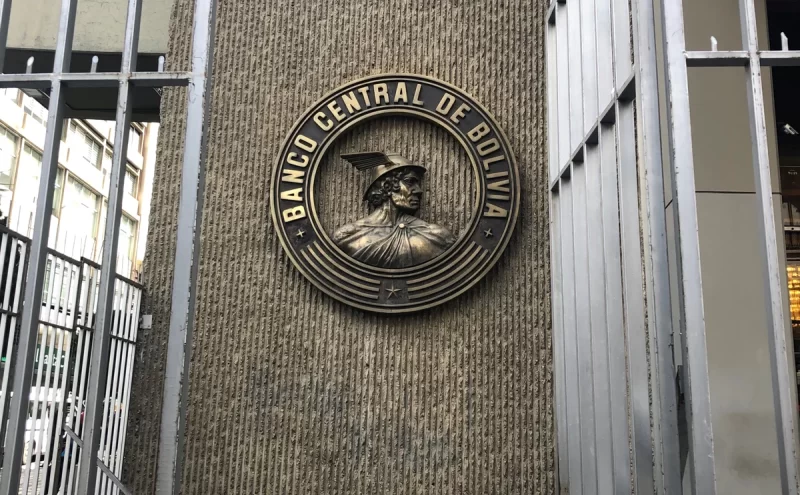Bolivia’s central bank, Banco Central de Bolivia, has lifted its ban on Bitcoin and other cryptocurrency payments, allowing financial entities to conduct transactions with digital assets. This regulatory shift, effective June 26, aims to modernize Bolivia’s payment system and align the country’s economic practices with broader Latin American crypto regulations.
End of a Long-Standing Ban
The central bank’s decision ends a prohibition on crypto use that has been in place since 2014. Previously, banking entities were forbidden from interacting with cryptocurrencies under Board Resolution N°144/2020, enacted in December 2020.
New Crypto Regulations
Under the new regulations, Bolivian banks can now transact in cryptocurrencies via approved electronic channels. However, the central bank clarified that while crypto assets are tradable through banks, they are not recognized as legal tender. Consequently, companies in Bolivia are not required to accept cryptocurrencies as payment.
Public Awareness Initiatives
As part of its Economic and Financial Education Plan, Banco Central de Bolivia plans to launch an awareness program to educate the public about the potential risks of cryptocurrencies and how to manage them responsibly. This initiative aims to ensure that Bolivians are well-informed about the benefits and drawbacks of using digital assets.
Collaborative Legislative Effort
The new legislation was developed in collaboration with the Financial Investigations Unit, the Financial System Supervisory Authority, and the central bank. This joint effort aligns Bolivia’s crypto regulations with recommendations from the Latin American Financial Action Task Force, positioning Bolivia among other Latin American nations adopting cryptocurrency to boost their economies.
Latin America’s Pro-Crypto Trend
Latin American countries have increasingly turned to cryptocurrencies to address economic challenges like inflation and economic instability. Bolivia joins this trend, seeking to leverage digital assets for economic modernization.
- El Salvador: In 2021, El Salvador became the first country to adopt Bitcoin as legal tender, alongside the US dollar.
- Mexico: While not recognizing cryptocurrency as legal tender, Mexico permits its use for value transfers and payments and taxes profits from crypto sales on centralized exchanges.
- Brazil: Introduced a 15% tax on crypto profits in 2023, reflecting its pro-crypto stance.
- Argentina: Recently elected a pro-Bitcoin president to combat inflation, following El Salvador’s example.
